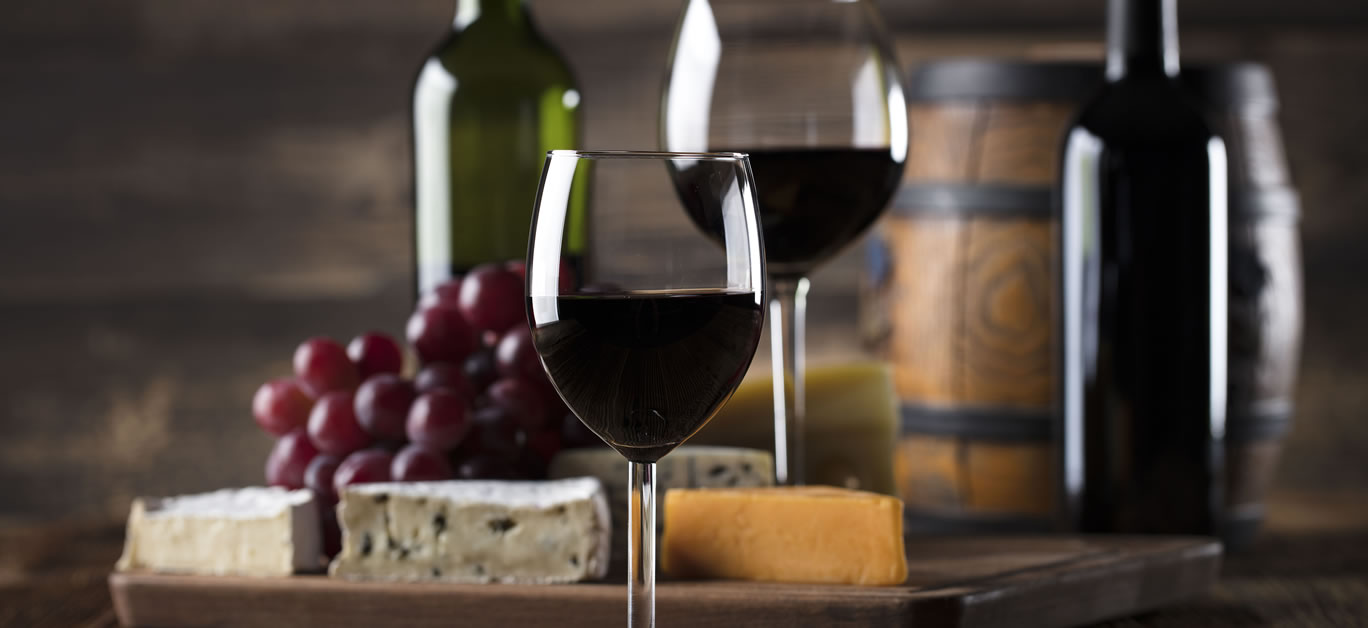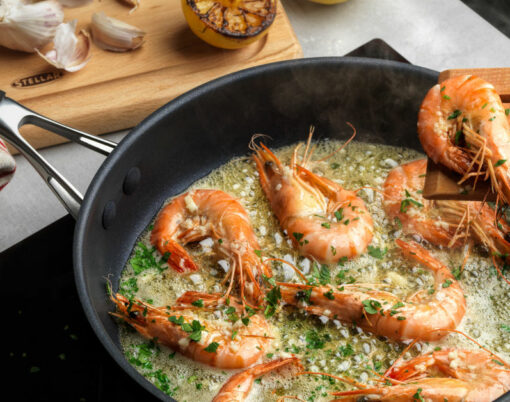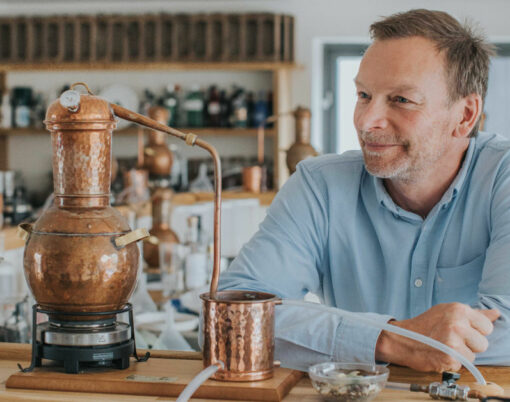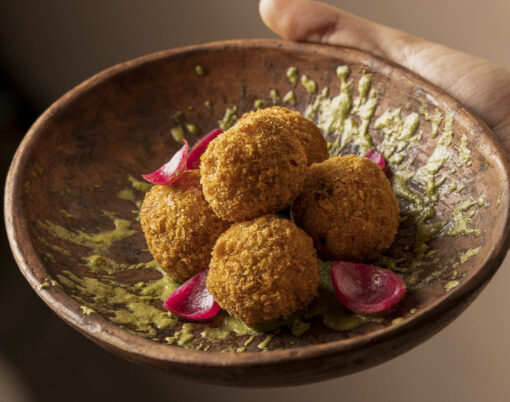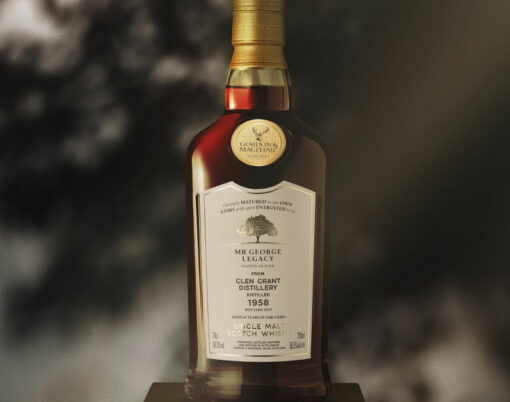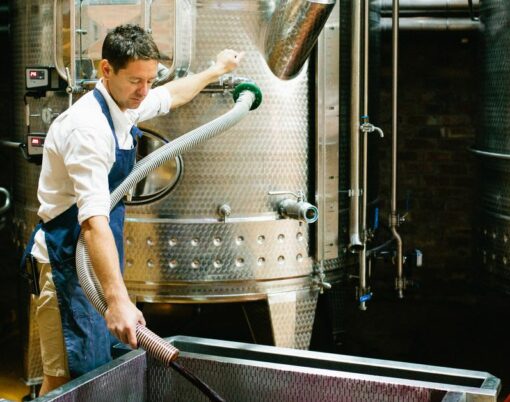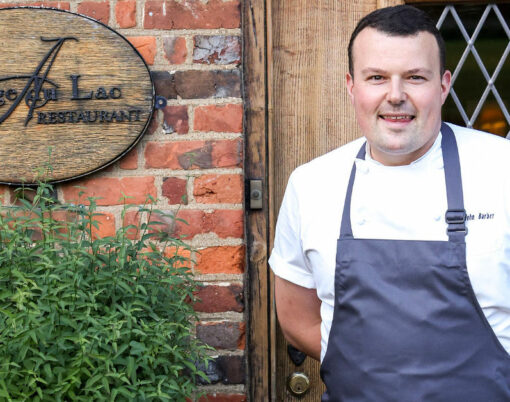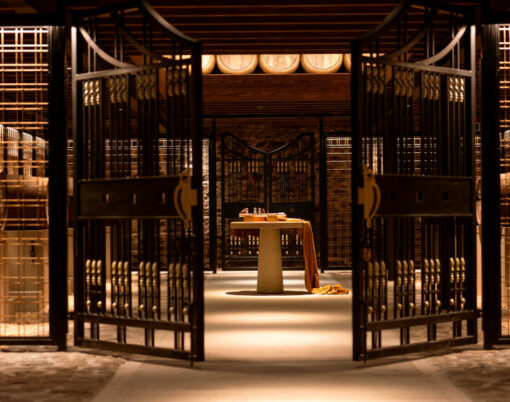With lockdown encouraging many to reconnect with nature and our food sources, people have become more health conscious and now take greater interest in sustainability and protecting the environment. Seeking healthier, more sustainable food and drink alternatives, opting to go organic where we can, has seen sales for organic produce such as wine continue to soar in popularity.
Almost 1 billion bottles of organic wine are expected to be consumed by 2023, nearly double the amount recorded in 2013. But what is organic wine, and should we be choosing organic over non-organic?
With Organic September now in full flow – a month to celebrate and raise awareness of genuine organic products and where to find them – the in-house experts at Winebuyers have shared everything you need to know about organic wine, including a few must-try bottles.
What is organic wine?
Organic wine is produced with grapes grown organically without chemical fertilisers, herbicides or pesticides. The production of organic wine follows the ethos that the entire process is a commitment to the environment. It is about respecting the ecosystem in and around the vineyard.
However, some non-organic products and processes can still be used in the production of organic wine. In EU regulation, sulphur and copper can be used to treat vines against mould while a limited amount of sulphites can be added as a preservative.
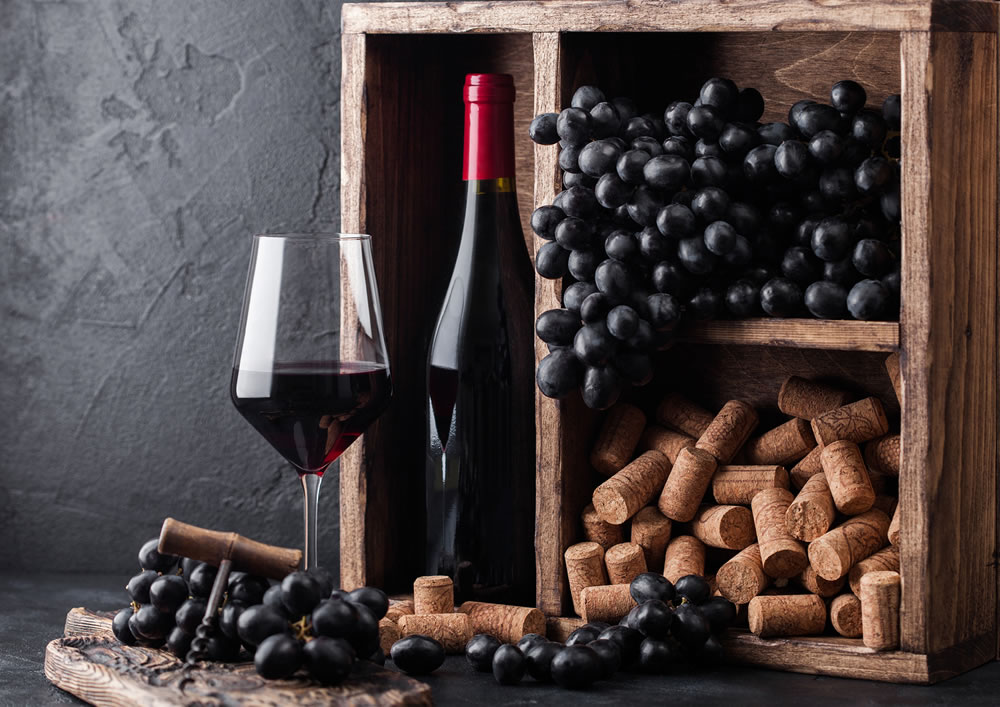
Is organic wine another name for natural or biodynamic wine?
The short answer, no.
Although both organic and natural wine hold common values in terms of sustainability and the environment, natural wine does not have an internationally recognised legal definition and therefore cannot be certified – with the exception of in France which had regulation approved in March 2020. Made with nothing added or subtracted, in either the vineyard or the cellar, this method produces a wine that is less manipulated. Except possibly a small amount of sulphite at bottling, natural wine tends to have no additives, chemicals or oak character from barrels.
Biodynamic wine is considered a philosophy of wine production and looks at the farm and vineyard as one entity that creates everything it needs to support itself and the production of wine. Biodynamic agricultural methods enrich the soil and fortify plants through natural means such as using a natural fertiliser.
Is organic wine healthier?
Whilst we can’t say organic wine is necessarily healthier for you, we can say that soil health is incredibly important in nurturing and harvesting a higher quality crop. Buying a wine from a vineyard which relies on nature to maintain a healthy soil and produce healthy grapes, rather than man-made chemicals, can definitely make you feel good inside.
Does it cost more than non-organic wine?
Farming costs are higher for organic wine production, as the chemicals used to speed up the production process are removed. This means the farming of the vines becomes more expensive and thus results in a more expensive bottle of wine.
However, due to its ever-growing popularity, we’re seeing more organic wine hit the supermarket shelves and added to restaurant wine lists. This leads to competitive pricing, which is much friendlier on the purse strings.
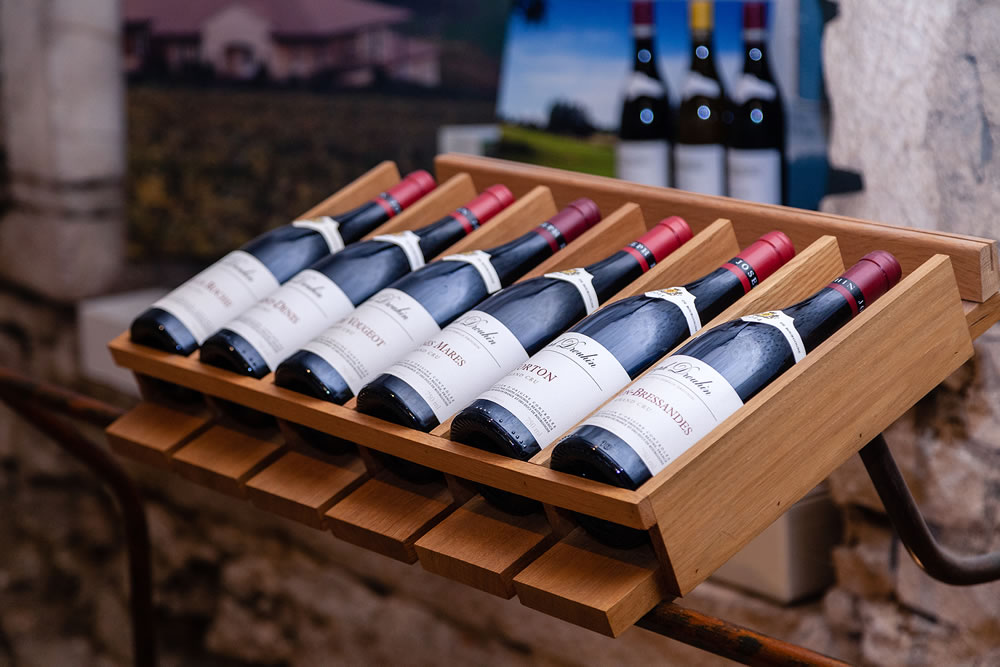
Is organic wine better quality than non-organic?
Maintaining an unwavering commitment to the environment enables organic wine drinkers to feel reassured by the product they are consuming. Yet simply being organic does not attest to the quality of the wine.
Temperature, time of year, pruning date and even the quality of the workforce – these are just some of the things that can impact the quality of the end result.
Why should we choose organic wine?
As we become more health conscious, we start to think about what we’re consuming, where our food and drink is coming from and the impact its production has on the environment. In any farming, consistently hammering the soil and all that stems from it with fertilisers, herbicides and pesticides can lead to extreme consequences and the knock-on effects of these practices can be devastating.
Although illegal in specific areas of vineyards, sodium arsenite which is used for treating vines can be washed into watercourses, poisoning rivers and eventually the ocean. This can have a detrimental impact on the environment, resulting in the death of marine life and in some cases reaching a local town’s drinking water.
By rethinking our impact on the world, we become more aware of the environmental significance of using organic produce.
Our top four picks for Organic September
Monfaucon Estate – Nobody’s Perfect Sauvignon Blanc 2018, £20
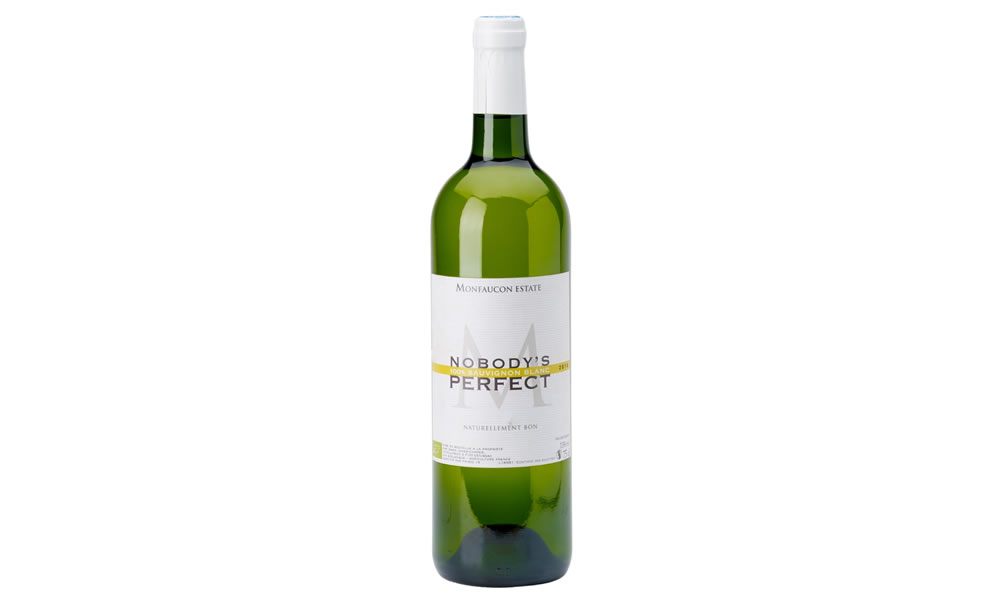
Grapes: Sauvignon Blanc
Country/Region: France, Bordeaux
ABV: 13%
An organic, biodynamic and low-sulphite wine from Nobody’s Perfect, an independent, female-led producer of organic white wines in Bordeaux.
The wine has a beautiful pale golden colour with aromas of pink grapefruit, warm citrus and papaya. The palate is fresh and creamy with flavours of tropical fruit and lemon curd. Perfectly balanced with a long and fruity finish. Nobody’s Perfect but these wines sure come close.
Caruso E Minini – Naturalmente Bio Nero D’ Avola DOC Sicilia, £18
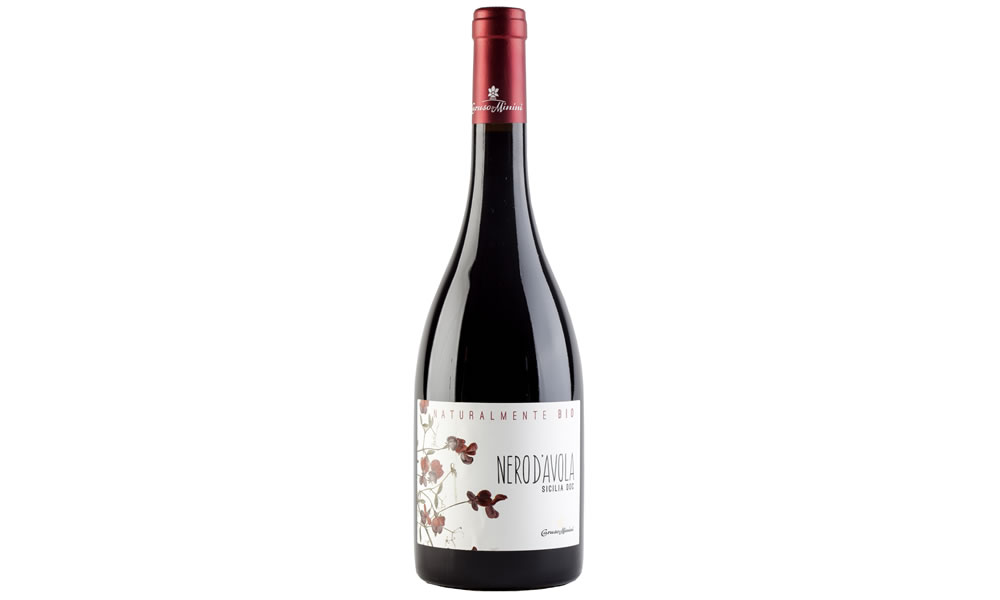
Grapes: Nero d’Avola
Country/Region: Italy, Sicily
ABV: 13.5%
Ruby red in colour, this wine offers aromas of dark berry, plum and dried herbs. Fresh, fruity and vibrant, this Nero d’Avola finds a balance of soft tannins with a harmonic finish. Working with a passion for the land and respect of values and traditions, Caruso and Minini have been devoted to creating the modern expression of Sicilian wines since 2004.
Thomson and Scott Organic Prosecco, £16.19
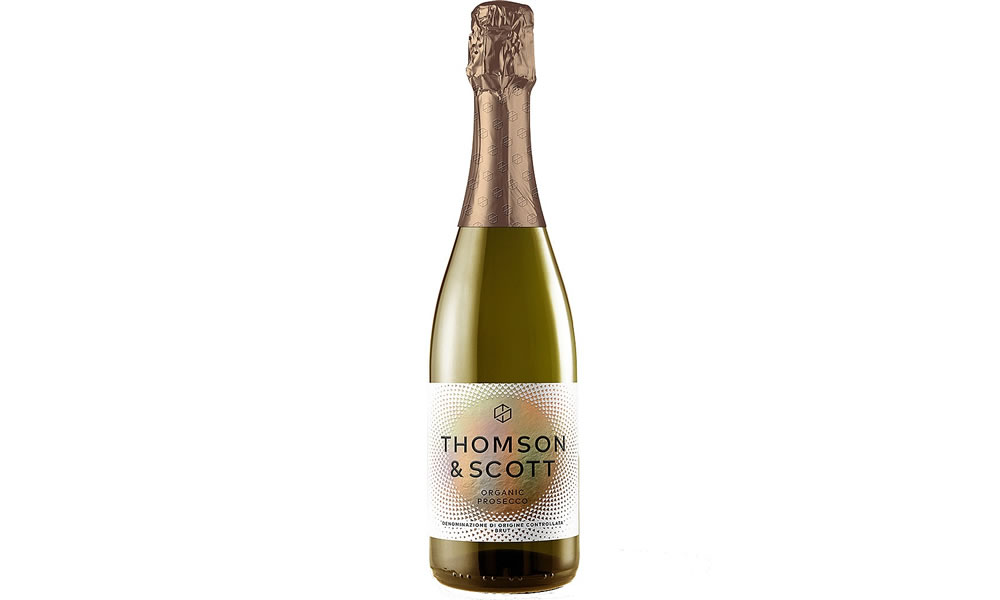
Grapes: Glera
Country/Region: Italy
ABV: 11%
An organic, vegan Prosecco with golden highlights and elegant textured bubbles in the glass. On the nose, young fruity notes with hints of apple. On the palate, it is incredibly mineral and crisp with a light and refreshing finish.
Château Saint-Roux Grange Des Sources Organic Rosé 2018, £14.00
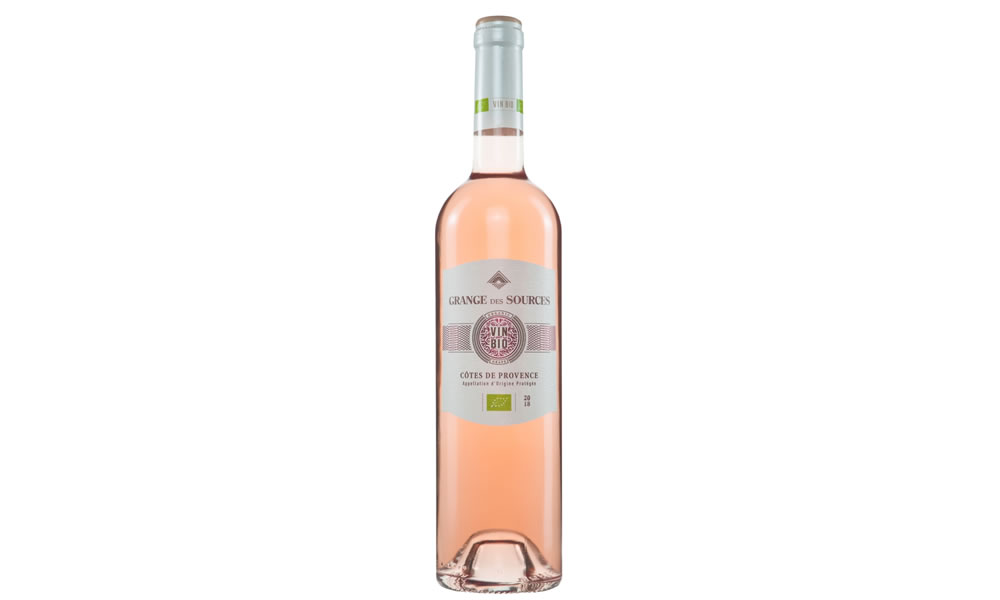
Grapes: Syrah, Shiraz, Grenache, Cinsault, Rolle
Country/Region: France, Provence
ABV: 12.5%
Pale in colour, this organic rosé is full of aromas of summer fruits and peach. An initial freshness on the palate is followed by a delicate balance and distinctive saline touch. A flavoursome and delectable wine to savour.












